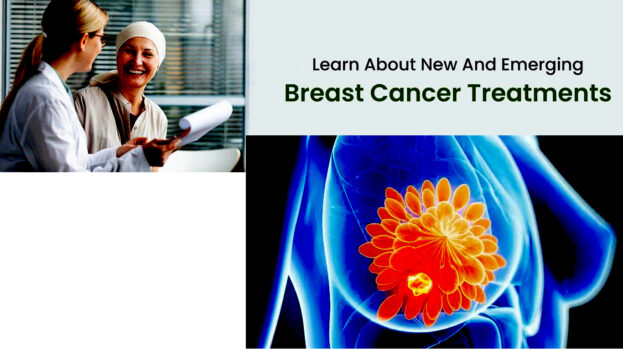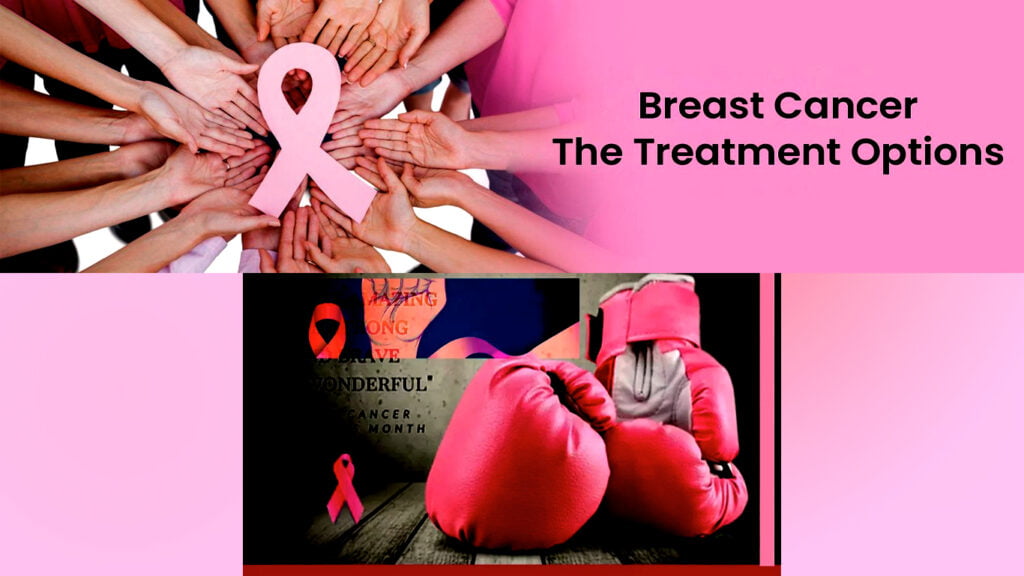With advancement in studies and research, doctors are coming up with more and more advice on how to prevent breast cancer and, if already affected, ways to treat it. Therefore, for breast cancer the treatment options are many and varied but the course of action will always depend on the stage of the disease and your oncologist’s advice.
CONTENT:
- BREAST CANCER – THE TREATMENT OPTIONS
- How to factors to consider when Treating breast cancer?
- Breast cancer surgery
- Adjuvant therapy for breast cancer
- Neoadjuvant therapy for breast cancer
- Chemotherapy for breast cancer
- Radiation therapy for breast cancer
- Hormone therapy for breast cancer
- Targeted therapy for breast cancer
- Disclaimer:
- Breast Cancer Aids
- YOU MAY CONCERN
- New And Emerging Breast Cancer Treatments
BREAST CANCER – THE TREATMENT OPTIONS
Generally, the main breast cancer treatment options are lumpectomy or mastectomy, radiotherapy, chemotherapy, hormone therapy and biological or targeted therapy. However, before starting a person off on a treatment course, a team of doctors would study the individual case in detail and work together to formulate an overall treatment plan for her. This team of doctors would include surgeons, medical oncologists and radiation oncologists.
How to factors to consider when Treating breast cancer?
Before charting out a treatment plan, the doctors’ team would have to consider several factors such as:
- The breast tumor stage
- The patient’s age and health
- The patient preference for lumpectomy or mastectomy
- The patient’s family history
- Markers like the breast tumor’s hormone receptor status (ER, PR) and HER2 status
- Other markers like Ki67, Oncotype DX, Mammaprint
A study of these would help the oncologist decide what the course of action should be.
What is important is the stage of the breast cancer. If in the primary stage, then the oncologist will recommend surgery to remove the tumor and then go for adjuvant therapy which could be both radiation and chemotherapy or either of them, targeted therapy and/or hormonal therapy.
If the patient is diagnosed with secondary breast cancer, in which case the cancer is advanced or metastatic and spreading quickly, then chemotherapy could be the first step in the treatment, ahead of surgery.
Breast cancer surgery
In a majority of the cases, surgery is the first option in the breast cancer treatment plan. This is a local therapy wherein the whole body is not affected. Only the tumor site is operated upon and the breast tumor removed. Usually, the surgeon will also remove a small area of normal tissue around the tumor to safeguard against remnant cancer cells.
Adjuvant therapy for breast cancer
Once surgery is over, the oncologist may recommend chemotherapy and/or radiation in order to kill the remaining cancer cells and lower the risk of breast cancer recurrence. Sometimes, even though the entire tumor has been removed, some cancer cells remain behind and cannot be detected even on X-rays or other imaging tests. It is believed that even in the initial stage of breast cancer, cancer cells may break away from the tumor and spread to other organs and bones. So, as a safeguard or a requirement, either of these or some of them in combination, may be used as the next course of treatment – chemotherapy, radiation therapy, hormone therapy, targeted therapy or immunotherapy. This is referred to as adjuvant therapy.
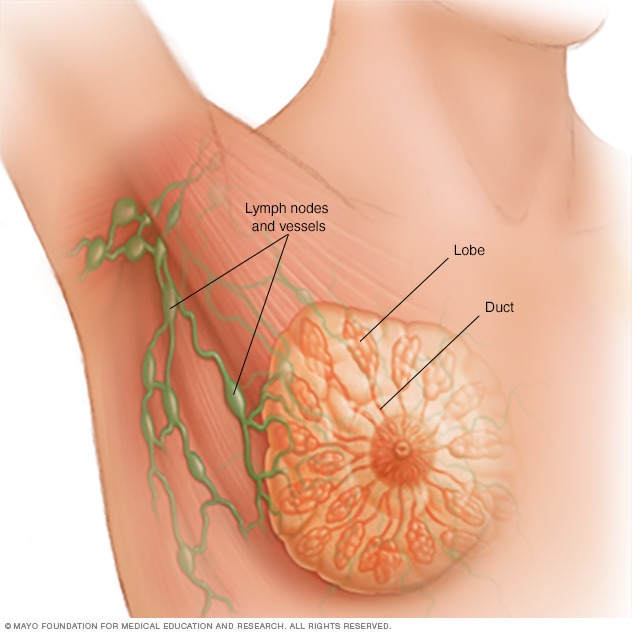
Neoadjuvant therapy for breast cancer
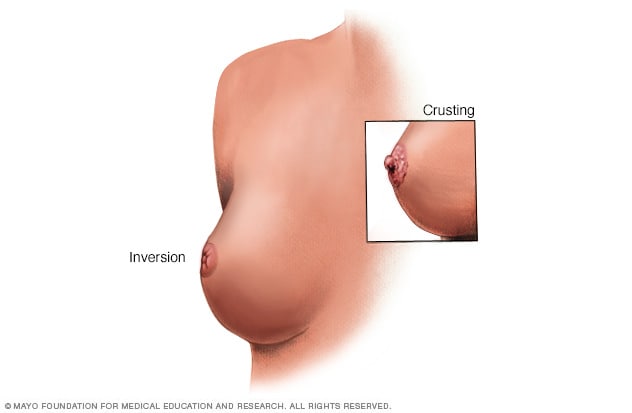
Sometimes, after considering the size of the patient’s tumor or the stage at which the cancer is, the doctor may decide to go for chemotherapy or hormone therapy even before surgery. This is usually done in order to shrink the tumor so as to avoid an extensive operation in cases where the tumor size is too big. This is called neoadjuvant therapy and the risk of the cancer coming back in such a case is lower. It also gives the doctor a chance to see if the chemo drugs are working on the tumor or they need to be changed.
Chemotherapy for breast cancer
Chemotherapy is the treatment to kill cancer cells with the use of drugs, given either intravenously or orally. The medicine travels through the bloodstream, passes all over the body killing the cancer cells. This treatment is given over a period of a few months, depending on the size of the tumor and stage of the disease, with gaps in between for recovery. Sometimes, chemotherapy may be given in conjunction with radiotherapy in order to make the latter more effective. Side effects include hair loss, nausea, weight loss and fatigue.
Radiation therapy for breast cancer
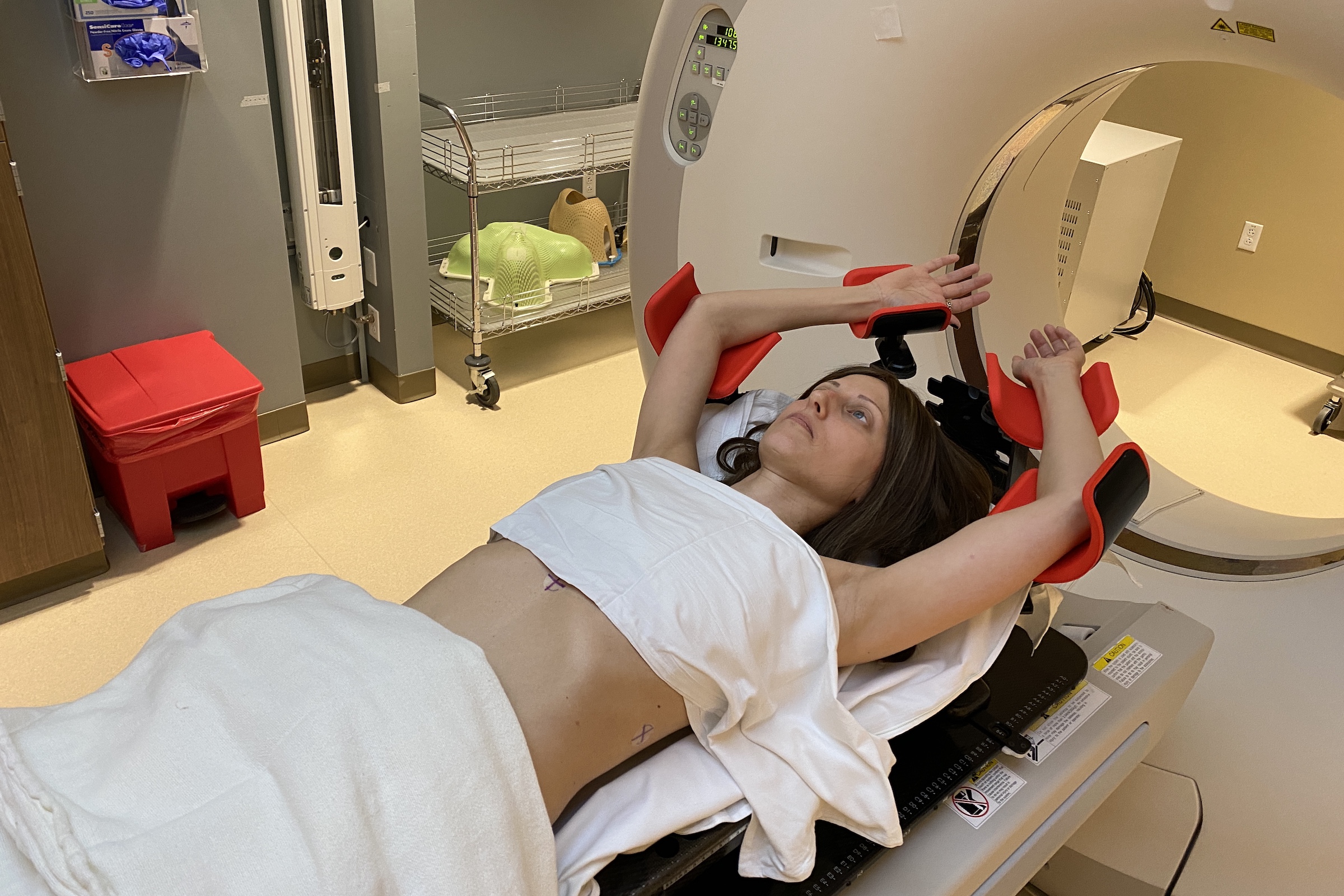
Radiation therapy is the use of high-energy beams to kill malignant cells. These rays damage the cells’ DNA thus reducing chances of cell division. Radiation, or radiotherapy, may be used before breast cancer surgery to shrink the tumor, or after surgery to kill the remaining, if any, cancer cells.
It is also used in metastatic breast cancer, when the disease has spread to the bones or brains. Radiation is easier to tolerate when compared with chemotherapy and has limited side effects. It can be given internally or externally.
In internal radiation, also known as brachytherapy, radioactive seeds or pellets are inserted into a device which is then placed in the area of the breast where the tumor has been. Sometimes brachytherapy is given along with external radiation.
External radiation is the common form of radiotherapy given to breast cancer patients and it focuses high-energy rays on the tumor area. It is usually given over a period of some days or weeks depending on the cancer type, its size, location and other related factors.
Hormone therapy for breast cancer
Hormone therapy involves the use of medicines to either lower the amount of the hormone estrogen in the body or block the action of estrogen on breast cancer cells. It is effective in preventing the recurrence of cancer as well as in helping to shrink the tumor or slow the growth of metastatic cancer.
But, this therapy works only in hormone-receptor-positive breast cancers and is not effective against hormone-receptor-negative breast cancers.

Targeted therapy for breast cancer
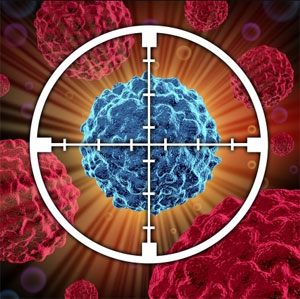
Targeted therapy involves the use of certain drugs that attack specific molecules which are involved in cancer cell growth of a person. The target in this case is specific unlike chemotherapy and the medicine used is based on the study of an individual’s genes and proteins so that the right kind can be given. Specific characteristics of cancer cells are targeted with this therapy. Only breast cancer patients with tumor having a specific gene mutation would be eligible for target therapy.
Disclaimer:
All content found on our website, including images, videos, infographics and text were created solely for informational purposes. Our content should never be used for the purpose of diagnosis or treatment of any medical conditions.
Content shared on our websites is not meant to be used as a substitute for advice from a certified medical professional. Reliance on the information provided on our website as a basis for patient treatment is solely at your own risk. We urge all our customers to always consult a physician or a certified medical professional before trying or using a new medical product.
Breast Cancer Aids
YOU MAY CONCERN
New And Emerging Breast Cancer Treatments
